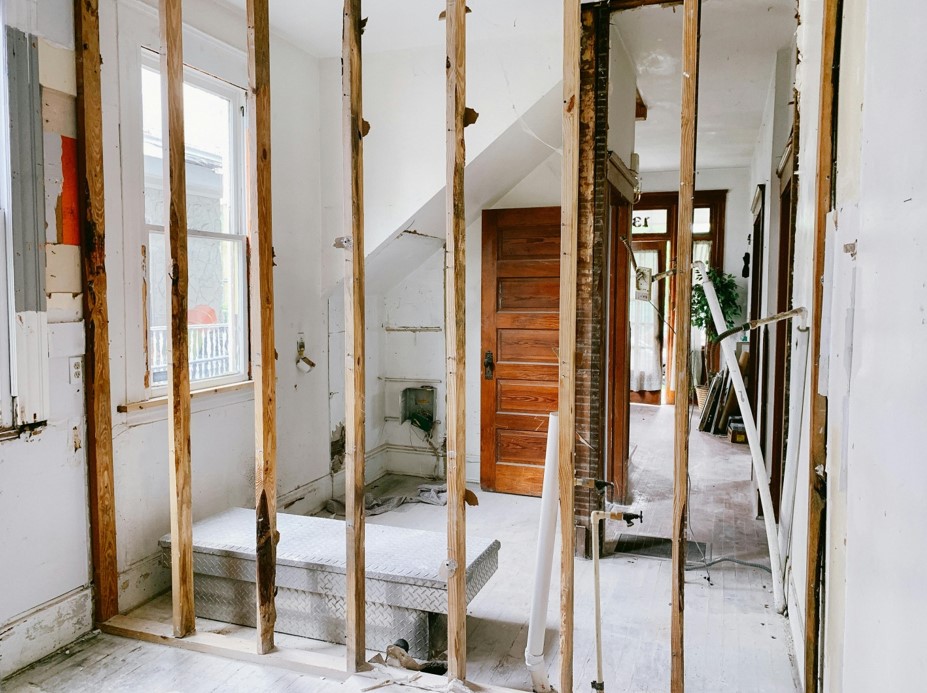When considering the purchase of a home that has undergone remodeling without the necessary permits, it’s vital to understand the potential ramifications before proceeding with the deal. Navigating through renovations without permit requires a comprehensive evaluation of associated risks and considerations.

Assessing Permit-Related Risks
Property owners might forego permits due to various reasons, including cost constraints, challenges with city codes, or the desire to avoid delays in the remodeling process. However, these decisions come with potential downsides:
- Compliance and Assurance: Remodeling without permit lacks the guarantee of adherence to building codes, raising concerns about the quality and safety of the modifications made.
- Insurance Implications: Renovations without permit can void homeowner’s insurance coverage in case of damages or accidents related to the modifications.
- Appraisal Impact: Home additions without permit might not be factored into the property’s assessed value during appraisal, potentially affecting the property’s market value and financial aspects.
- After the Fact Permits: Obtaining permits after completing the work varies by location and can incur substantial costs and time-consuming processes.
Real-Life Scenario
Consider a scenario in Toronto where a home buyer discovered that a home addition claimed to have a permit by the seller didn’t align with the official records. This discrepancy led the buyer to withdraw from the transaction, impacting the property’s appraised value and marketability.
In an attempt to rectify the situation, the sellers had to obtain an “as-built” permit, involving architectural drawings and extensive reviews by the city authorities, amounting to approximately $12,000. This corrective measure allowed the additional space to be included in the appraisal, even though after considerable expenses and complications.
Navigating Projects without Building Permit: Buyer’s Precautions
Buyers must conduct due diligence before finalizing a purchase.
- Consult Professionals: Engage with a professional well-versed architectural design company offering building permit services in Toronto with BCIN credentials to evaluate the property’s compliance status.
- Request Building Permit Records: Confirm the existence of drawing records of prior permit applications with Toronto Building Department and ensure the property’s square footage aligns with official records.
- Home Inspection: Conduct a thorough home inspection to identify any potential issues resulting from unpermitted modifications.
Building Permit Requirements in Toronto
Understanding the scope of remodeling projects that require permits in Toronto is crucial. Different projects require varying levels of permits; for instance, constructing a detached garage typically requires a permit, whereas minor renovations, such as replacing windows, might not.
Under the Building Code Act, a building permit is required for the construction and/or demolition of a new building, an addition, or material alteration of any building or structure. Check with Toronto Building Department the list of common projects that require or do not require a building permit.
Consequences of Remodeling Without Building Permits in Toronto
Failure to comply with permit rules can lead to hefty fines. Starting work without the required building permit could bring serious and expensive consequences including:
- “Work without permit” penalty. An additional fee of 50% of project permit fees (or $198.59 (2021 rate), whichever is greater, to a maximum of $27,234.64 (2021 rate).
- Work halt during permit application processing.
- Potential need to undo completed work.
- Potential need for extra, unplanned structural or mechanical work.
- Potential future legal or financial issues impacting property sale or insurance claims.
Permits work in conjunction with inspections, which ensure that the work is built as planned (according to the permit), and was constructed correctly and safely.
In conclusion, buyers should meticulously assess the risks associated with purchasing a property with unpermitted modifications, seek a professional architectural designer, and conduct thorough due diligence to avoid potential legal and financial implications.





